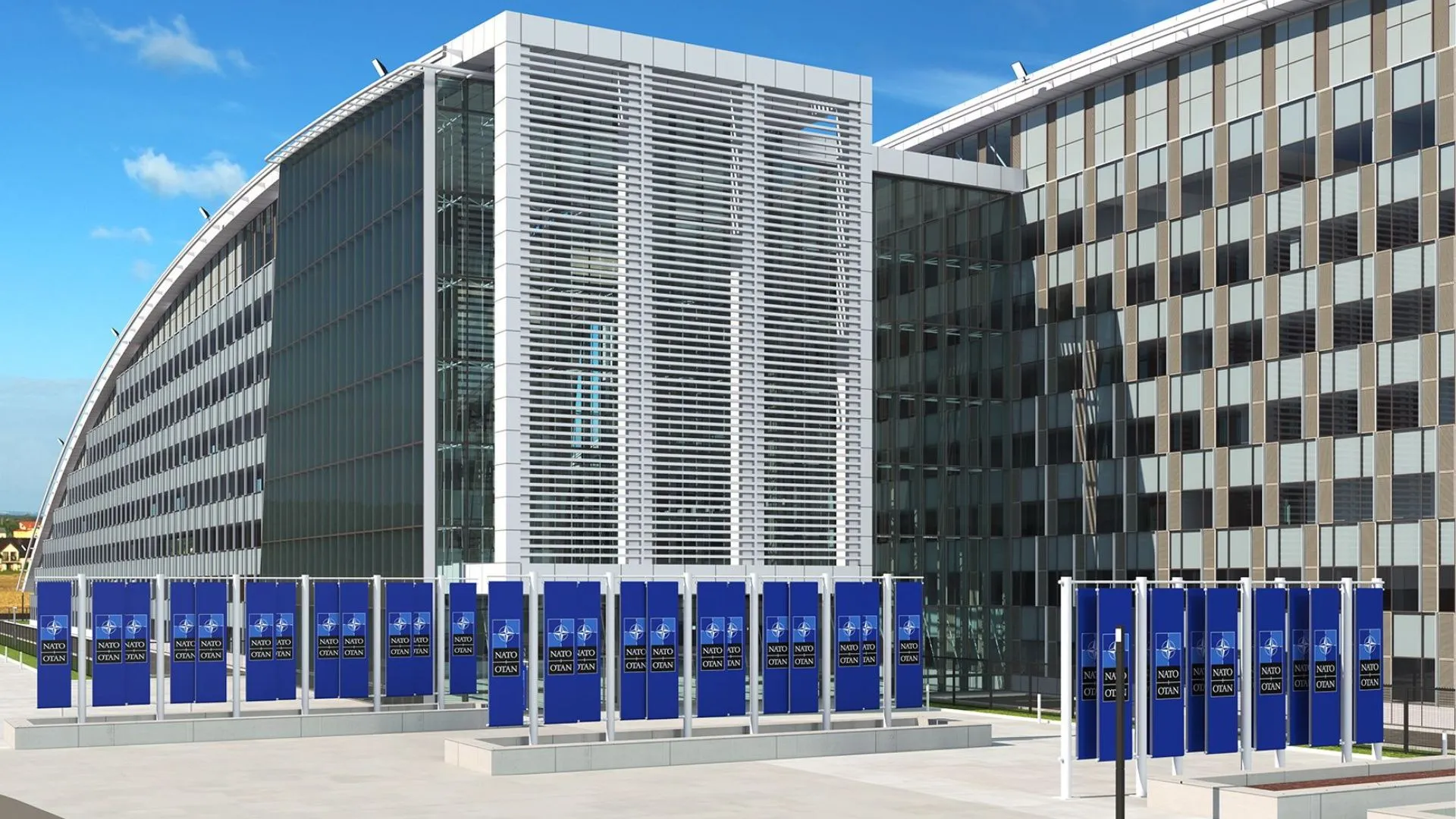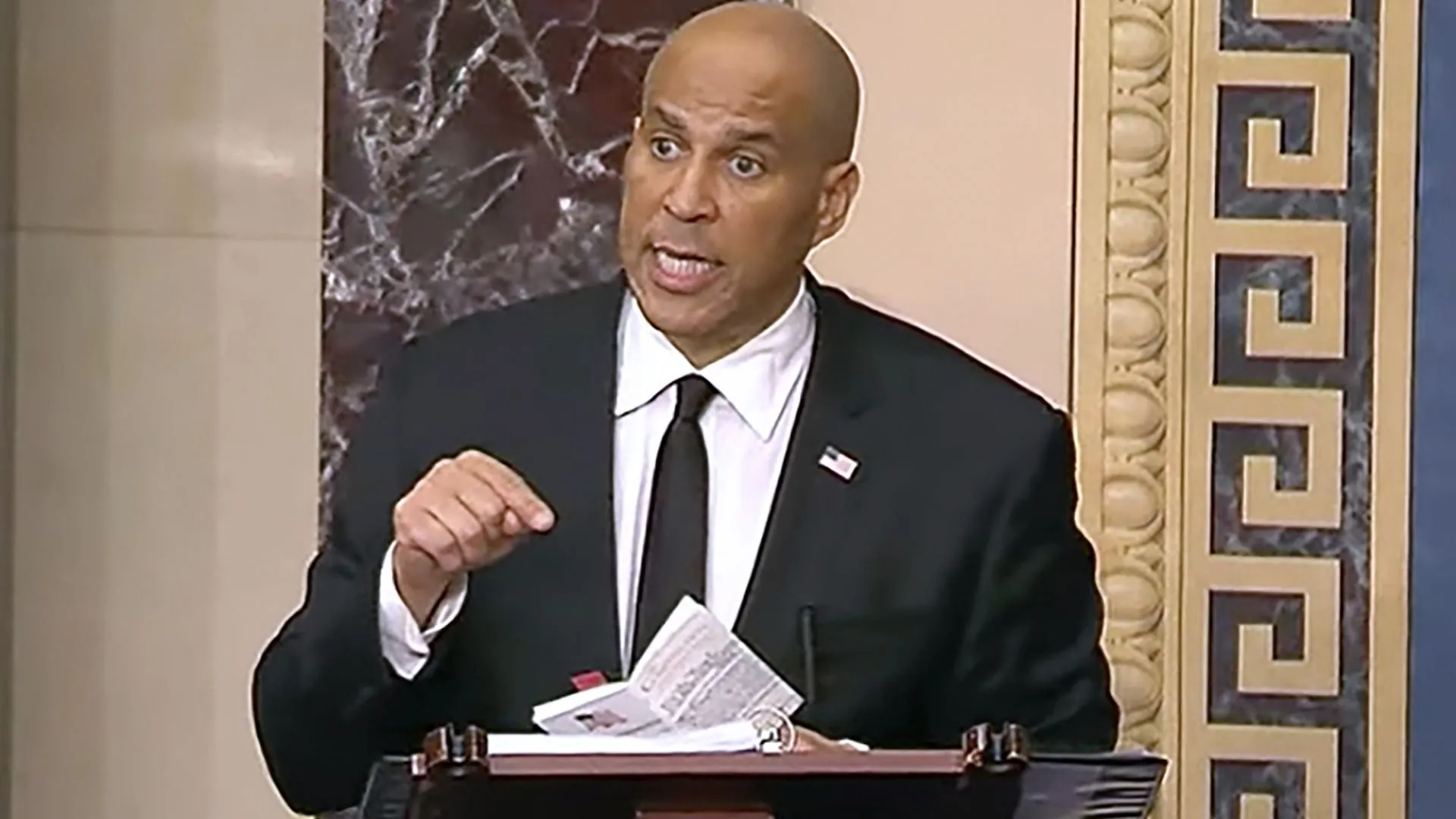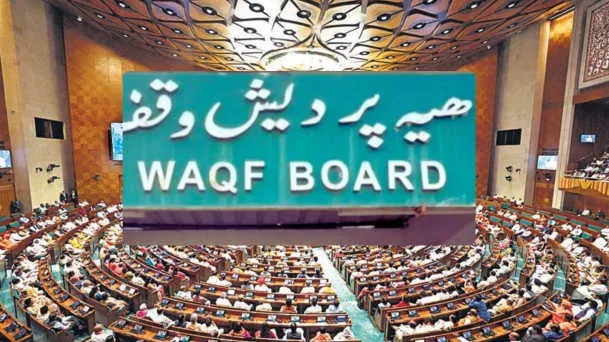What is NATO?
The North Atlantic Treaty Organization (NATO) is a military alliance formed in 1949 to ensure collective defense among its member countries. Originally created to counter Soviet influence during the Cold War, NATO now consists of 32 member nations, primarily in North America and Europe. The alliance operates under the principle that an attack on one member is considered an attack on all, as stated in Article 5 of its founding treaty. Over the years, NATO has expanded its focus beyond traditional military defense to include crisis management, counterterrorism, and cybersecurity. It also cooperates with non-member countries to promote global stability and security.
What is NATO’s Role in Russia Ukraine War?
NATO plays a crucial role in the Russia-Ukraine war by supporting Ukraine while deterring further Russian aggression. Although NATO is not directly involved in combat, its member countries have provided Ukraine with advanced weapons, intelligence, and military training. The alliance has also strengthened its presence in Eastern Europe, deploying troops and defense systems to protect neighboring nations. Additionally, NATO members have imposed strict economic sanctions on Russia, cutting off key financial and technological resources to weaken its war efforts. The war has also led to NATO’s expansion, with Finland and Sweden joining to enhance regional security. NATO views Russia’s aggression as a violation of international law and a serious threat to European security. Overall, NATO’s actions have shaped the conflict by reinforcing Ukraine’s defense and isolating Russia diplomatically and economically.
Military Support to Ukraine
Despite Ukraine not being a NATO member, the alliance has extended substantial military assistance to bolster Ukraine’s defense capabilities. Key NATO countries, including the United States, United Kingdom, Germany, and Poland, have provided:
- Advanced weaponry, such as tanks, drones, and air defense systems.
- Training programs to enhance Ukrainian soldiers’ combat effectiveness.
- Intelligence sharing to improve Ukraine’s battlefield strategies.
Additionally, NATO has reinforced its presence in Eastern Europe by deploying troops and defense systems to neighboring countries, including Poland, Romania, and the Baltic states. This move aims to deter any further Russian aggression beyond Ukraine’s borders.
Economic Sanctions and Pressure on Russia
To weaken Russia’s war efforts, NATO member states have imposed extensive economic sanctions, aiming to cripple the country’s financial and technological capabilities. These measures include:
- Freezing Russian assets held in foreign banks.
- Banning imports of Russian oil and gas to cut off key revenue streams.
- Blocking Russian banks from global financial systems like SWIFT.
- Restricting exports of critical technology and military equipment.
These sanctions are designed to limit Russia’s ability to sustain its military operations and pressure Moscow into ending the war.
Diplomatic Efforts and Russia’s Isolation
NATO has been instrumental in uniting Western nations against Russia’s actions, leading to increasing diplomatic isolation for Moscow. The alliance has worked closely with the European Union (EU) and the United Nations (UN) to:
- Push for ceasefire negotiations and peace talks.
- Support war crime investigations against Russian military actions.
- Strengthen alliances with non-NATO countries that oppose Russia’s invasion.
These diplomatic moves aim to hold Russia accountable on the global stage and build international consensus against its aggression.
Ukraine’s NATO Membership Aspirations
Ukraine has long sought NATO membership, and the war has intensified its efforts to join the alliance. NATO has expressed strong support for Ukraine’s eventual accession but has not provided a clear timeline. Russia views NATO expansion as a direct security threat and has used this as justification for its military actions in Ukraine.
Strengthening NATO’s Defense and Expansion
The war has led to a renewed focus on NATO’s defense strategy and expansion. Notably:
- Finland officially joined NATO in 2023, marking a major shift in European security.
- Sweden followed in 2024, strengthening the alliance’s northern flank.
- Increased defense spending among NATO members has enhanced military readiness and deterrence capabilities against future threats.
NATO’s Influence on the War’s Outcome
While NATO has refrained from direct military involvement, its support for Ukraine has significantly shaped the course of the war. By providing military aid, imposing economic sanctions, and strengthening alliances, NATO continues to play a key role in countering Russian aggression. The conflict has also reaffirmed NATO’s relevance as a global security force and reinforced its commitment to defending democratic nations against external threats.










